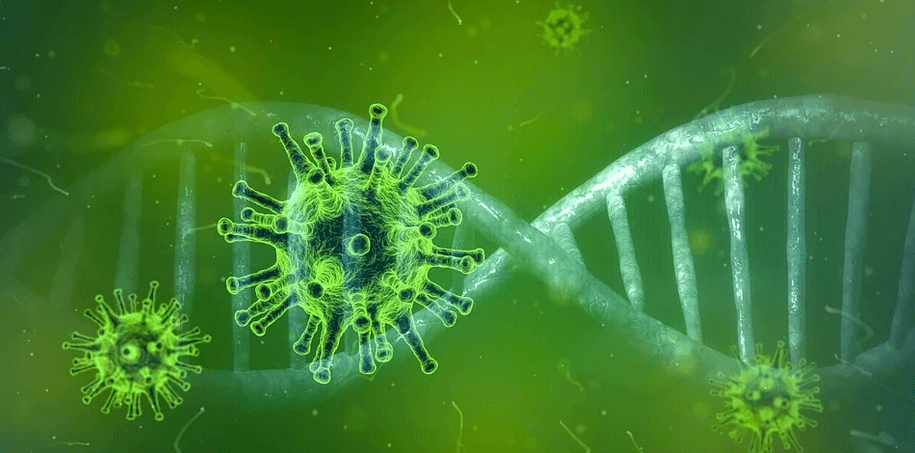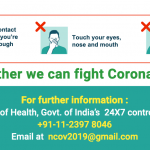
With information overload, fear mongering, and much misinformation spreading across the social media channels, it is important to know about the most reliable sources of information. For example, there was news that China had approved a vaccine for coronavirus, when the truth is that there was no such news by any official source of the Chinese government. Similarly, there was widespread news about Israel discovering a vaccine that was working for birds. However, it needs to still be tested on humans, and then independent health authorities have to whet them, and later, the vaccine will be ready for commercial manufacture. This process usually takes several years. However, authorities say that if the coronavirus continues to wreck mayhem across the world, the vaccine could be a reality in 18 months from now.
In any case, it’s important to know what we need to do and what website links to trust for any information regarding the virus. Therefore, here is some data that might help you get the bigger picture, so you don’t panic for little reason.
1. Only 3.4% people of those affected have died worldwide, and most of these were aged 60-80 years. The most deaths were in China, with the mortality rate in Wuhan itself (the epicentre of the virus) being at a low 4.9%. In comparison, the 2002-2003 SARS outbreak had a mortality rate of 9.6%.
2. Kids and young adults are safest as the average age of the person infected is 47 years.
3. The number of cases in China are coming down, while the cases abroad are rising. This is because the virus takes 14-28 days to show any symptoms like fever, cough, and difficulty in breathing. Therefore, the initial incubation period of 14 days is now extended to 28 days for people exposed to the affected patients.
4. If you want to know the history of the virus and how the virus spreads, and the precautions to take, there is no better source than this link of FAQs by the Centers for Disease Control and Prevention (CDC), US Department of Health & Human Services. Every other doubt you have about the virus is largely addressed out here, such as whether you should travel with your pets, should you get tested, what about animals imported from China, are you at risk from products shipped from China, will warm weather stop the spread of the disease, can the virus be spread through food, what is the criteria before a person is discharged from the isolation ward, and so on. All these are burning questions, and it’s best that you get it straight from the source, as things could get lost in translation.
5. CDC does not recommend masks to people who don’t show any symptoms. However, if you are a doctor/nurse or taking care of an infected family member, the mask is a must. Here is a detailed list of things you can do to protect yourself.
6. If you have to travel to China or other affected countries like Iran, South Korea, UK, France, Singapore, and Italy, avoid animal food and uncooked food.
7. The World Health Organisation changed the name of the novel coronavirus to COVID-19 on February 19, 2020.
8. While not conclusive, experts advise disinfectants containing ammonia, bleach and alcohol to sanitise your surroundings.
9. Some important links that could help you with the latest news on COVID-19 are as follows: Daily Situation Reports from WHO, Map of the Affected Countries, Live Report of COVID-19 Cases, What The Schools Can Do, What Businesses Can Do, Complete Information Kit on COVID-19.
10. Don’t panic. Remember, more people have died in the recent Delhi riots than those who are infected in the country. And far more people die every year for not wearing helmets and seat belts. Therefore, make these driving habits part of your routine and protect yourself. The virus is here today and gone tomorrow, but proper driving gear has to be adopted for life.




